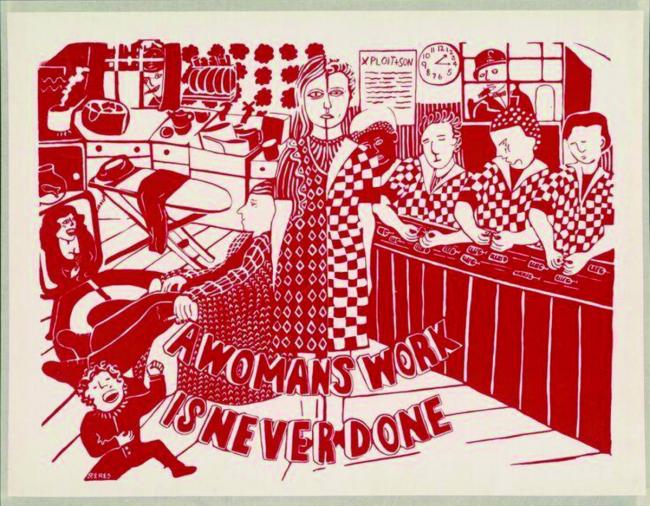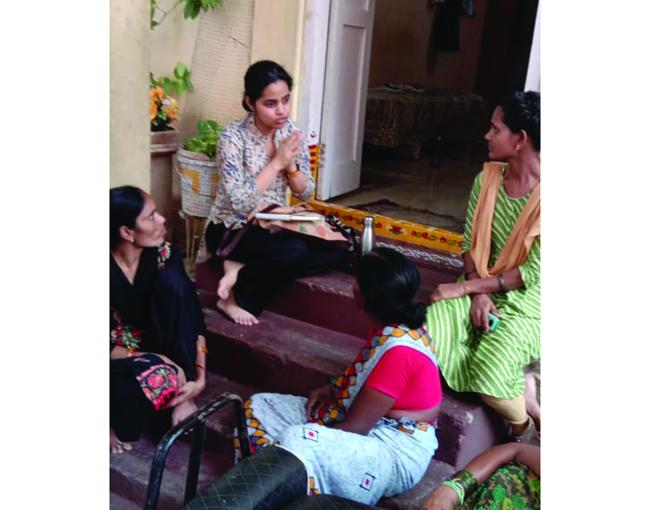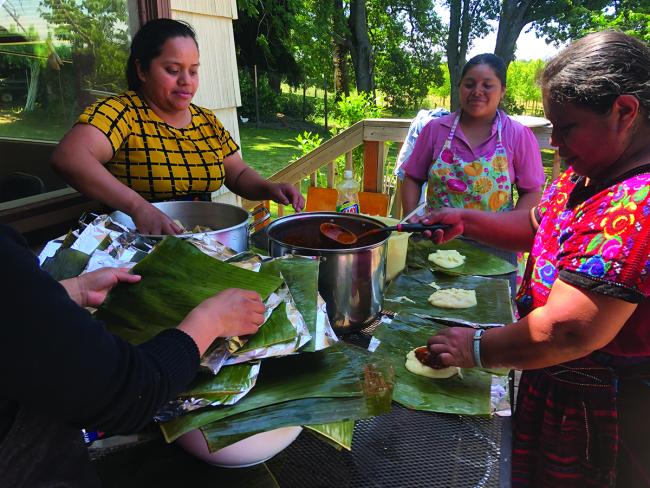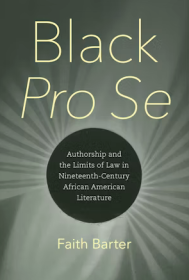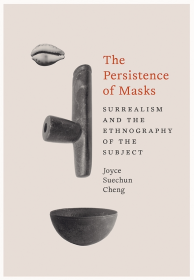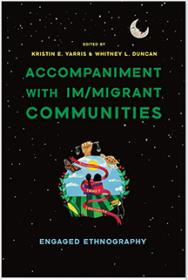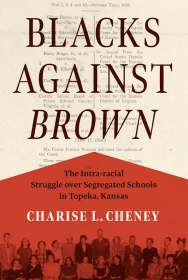Feminist Futures
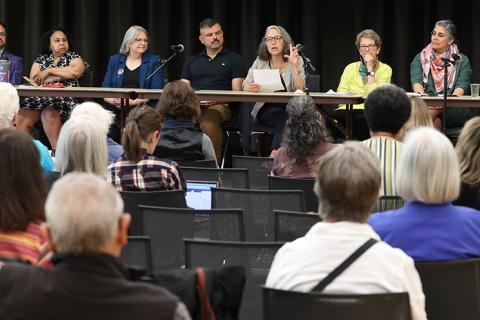
Past Lessons, Future Visions: CSWS 50th Anniversary Alumni Symposium
by Jenée Wilde, Senior Instructor, Department of English
On May 10, 2024, three panels of faculty affiliates, former grant fellows, and friends of the Center for the Study of Women in Society participated in our 50th Anniversary Alumni Symposium.
Community Collaborations

Haunting Ecologies
Advocacy
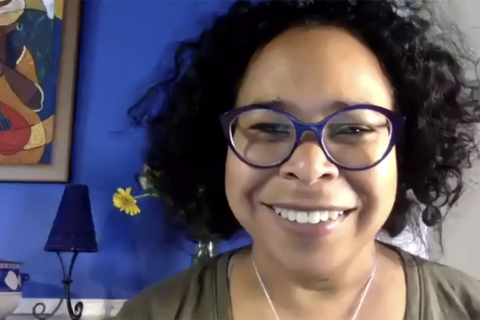
New Special Project Advocates for Institutional Change: CSWS Leads an Effort to Redress Pandemic Impacts for Faculty who are Caregivers
by Jenée Wilde, Senior Instructor, Department of English, CSWS Dissemination Specialist
Last year, in the early stages of pandemic lockdown, then-CSWS director and law professor Michelle McKinley began receiving panicked emails from faculty friends and Center affiliates who are caregivers. With 4J schools and childcare facilities shut down, as well as shortages in long-term elder care services, how were they supposed to fulfill their teaching and research commitments at the university while also meeting the labor-intensive care needs of others?
Our Mission
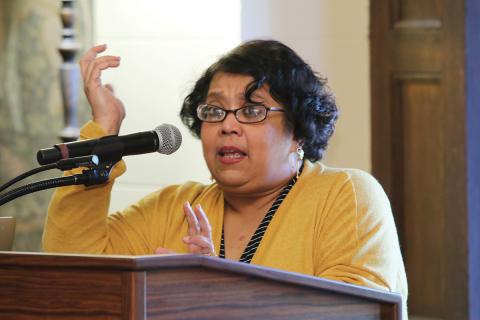
Supporting Women of Color at UO: A Look into the Center's Long-Running Faculty Mentorship Program
by Sangita Gopal, Associate Professor, Department of Cinema Studies
The Women of Color (WOC) Project has been a special project under the auspices of CSWS since 2005. The program is comprised of tenure-track women faculty, and our collective has approximately 50 participants, of whom about 30 are active constituents. We represent all the colleges and schools within the UO.
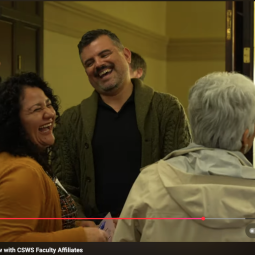
Faculty Highlight: Ernesto Martinez
CSWS affiliate Ernesto Martinez, associate professor and head of Indigenous, Race, and Ethnic Studies at University of Oregon, talks about the impact CSWS has had on his career at the University of Oregon.
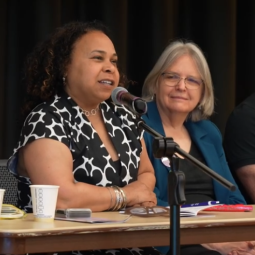
Alumni Highlight: Envisioning Feminist Futures
For our 50th anniversary, we invited CSWS research grant alumni to give testimonials about the impacts of CSWS on their lives and their careers, and to answer the question: What do Feminist Futures mean to you?
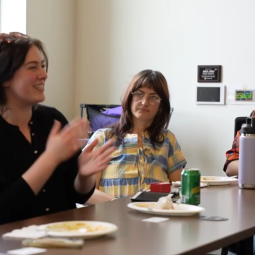
Graduate Student Highlight: Funding Research on Gender
Each year, CSWS awards research grants to graduate students and faculty for projects related to women and gender. Over five decades, CSWS has awarded more than $3 million in research grants. Here, three 2024 grantees talk about the impact of the CSWS research grant on their research.
Feminist Futures: CSWS Graduate Student Research Fellows
The Necessity of Oppositional Care for Transnational Feminist Politics
When one defines an activity as a “labor of love,” we are often referring to an experience that combines feelings of joy, difficulty, fatigue, and gratitude. While the labor of love is a sacrifice, the prepositional qualifier of “love” indicates the motivation for such a sacrifice. One labors out of a sense of love that is both inspiration and reward for a tiresome endeavor.
Dreams Deferred: Navigating Aspiration and Constraint in Urban India’s Margins
by Malvya Chintakindi, PhD Candidate, Department of Anthropology
At age 33, Renuka’s face carried the weathering of a life spent crossing multiple thresholds—between others’ homes and her own, between caste boundaries that marked her as both essential and polluting, between dreams of education and the harsh reality of survival.
Migrant Memories: Community and Identity Building in a New Territory
By Liesl Cohn De León, PhD Student, Department of Anthropology
The Guatemalan migrant population in the United States has been growing in the last few decades. Although Guatemalans started coming to the US in the 1980s during the Guatemalan Civil War (1960–1996), between 2010 and 2020 the Guatemalan population increased by about 60%.1 According to the 2020 Census, about 1,683,093 Guatemalans live in the United States. However, there are estimates2 of at least 3,256,047 people from Guatemala living in the US.


